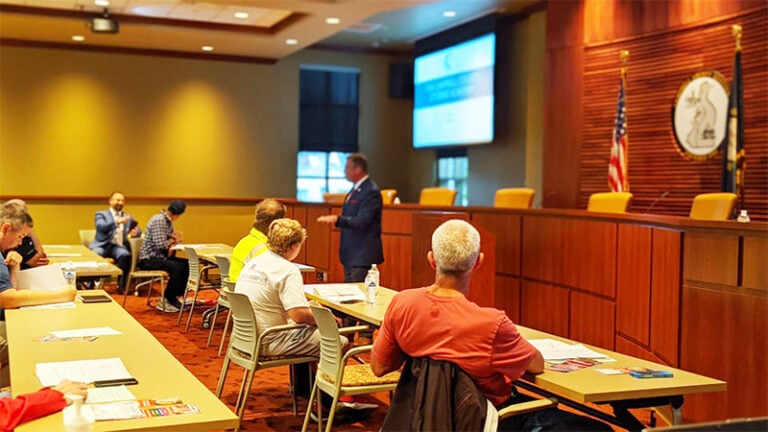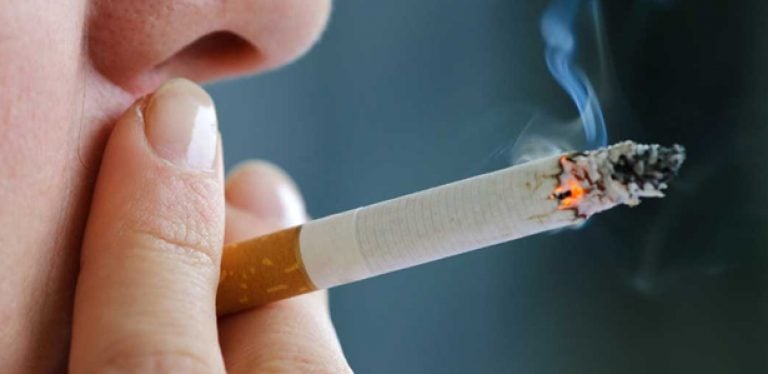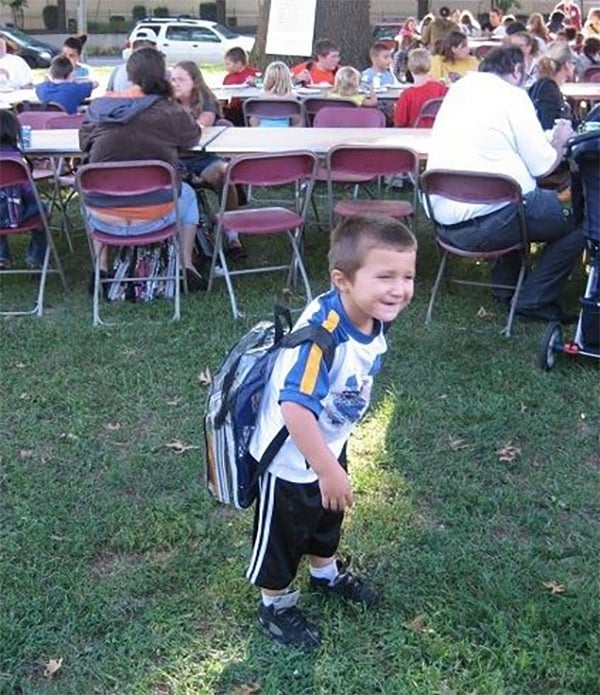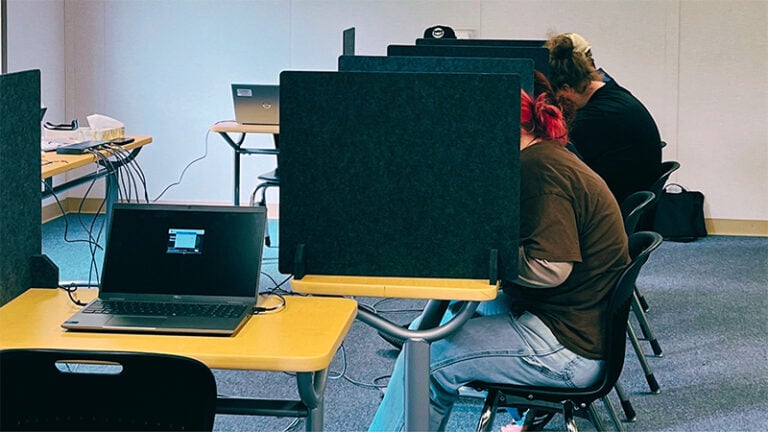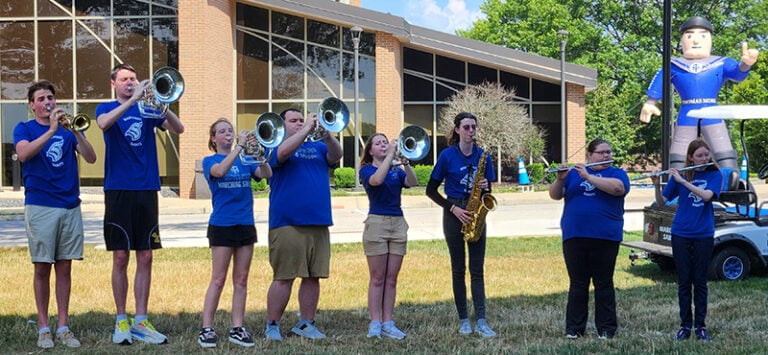By Tom Latek
Kentucky Today
We hope you have been enjoying the below normal temperatures of the last few days, as the National Weather Service says they will be increasing soon with the first significant heat wave of the season.
Forecasters say high temperatures return to the upper 80s to near 90 for Thursday into Saturday, but it won’t end there.

Highs for Sunday and Monday are expected into the low to mid 90s with heat indices around 100, and the above normal heat will continue into next week.
As a result, the NWS says heat illnesses will be possible, such as heat exhaustion and heat stroke, especially for people with heat sensitivities and those who are without adequate cooling and hydration.
The National Weather Service says heat is the leading cause of weather-related fatalities each year. They define a heat wave as a period of abnormally hot and sometimes humid weather, generally lasting two or more days. Heat waves have the potential top cover a wide area, exposing a high number of people to a hazardous combination of heat and humidity, which can be very taxing on the body.
According to their research:
• Young children and infants are especially vulnerable to heat-related illness and death, as their bodies are less able to adapt to heat than adults;
• Older adults, particularly those with preexisting conditions, take certain medications, are living alone or with limited mobility, can also experience adverse effects;
• People with chronic medical conditions are more likely to have a serious health problem during a heat wave than healthy people.
• Pregnant women are also at higher risk, as extreme heat events have been associated with adverse birth outcomes such as low birth weight, preterm birth and infant mortality, as well as congenital cataracts.
Their best advice during a heat wave is stay indoors in air conditioning.
For those having to work outside:
• Drink a cup of cool water every 20 minutes.
• Take regular breaks in the shade or a cool location.
• Look for any signs of heat stress, such as muscle spasms, nausea, dizziness and fainting.
• When in doubt, call 9-1-1.
In addition, never leave people or pets in a vehicle. Hot car deaths can occur year-round.
Once again, the heat wave is expected to continue next week, according to the National Weather Service, with just a 30 percent chance of rain on Tuesday.









